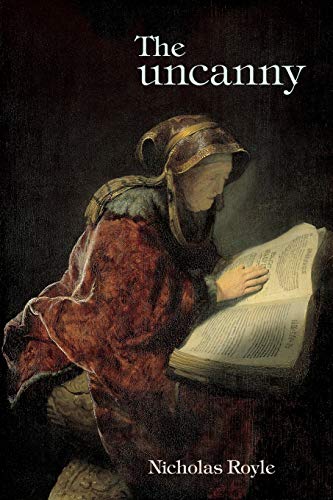

Most ebook files are in PDF format, so you can easily read them using various software such as Foxit Reader or directly on the Google Chrome browser.
Some ebook files are released by publishers in other formats such as .awz, .mobi, .epub, .fb2, etc. You may need to install specific software to read these formats on mobile/PC, such as Calibre.
Please read the tutorial at this link: https://ebookbell.com/faq
We offer FREE conversion to the popular formats you request; however, this may take some time. Therefore, right after payment, please email us, and we will try to provide the service as quickly as possible.
For some exceptional file formats or broken links (if any), please refrain from opening any disputes. Instead, email us first, and we will try to assist within a maximum of 6 hours.
EbookBell Team

5.0
30 reviewsThis is the first book-length study of the uncanny, an important concept for contemporary thinking and debate across a range of disciplines and discourses, including literature, film, architecture, cultural studies, philosophy, psychoanalysis, and queer theory. Much of this importance can be traced back to Freud's essay of 1919, "The uncanny," where he was perhaps the first to foreground the distinctive nature of the uncanny as a feeling of something not simply weird or mysterious but, more specifically, as something strangely familiar.
As a concept and a feeling, however, the uncanny has a complex history going back to at least the Enlightenment. Nicholas Royle offers a detailed historical account of the emergence of the uncanny, together with a series of close readings of different aspects of the topic. Following a major introductory historical and critical overview, there are chapters on the death drive, déjà-vu, "silence, solitude and darkness," the fear of being buried alive, doubles, ghosts, cannibalism, telepathy, and madness, as well as more "applied" readings concerned, for example, with teaching, politics, film, and religion.
This is a major critical study that will be welcomed by students and academics but will also be of interest to the general reader.